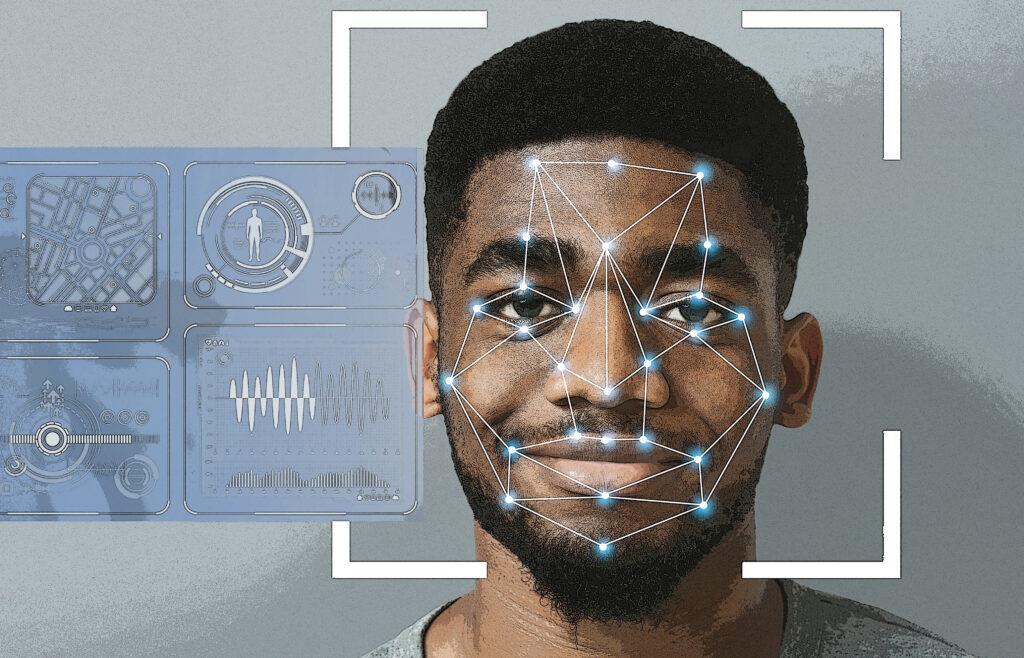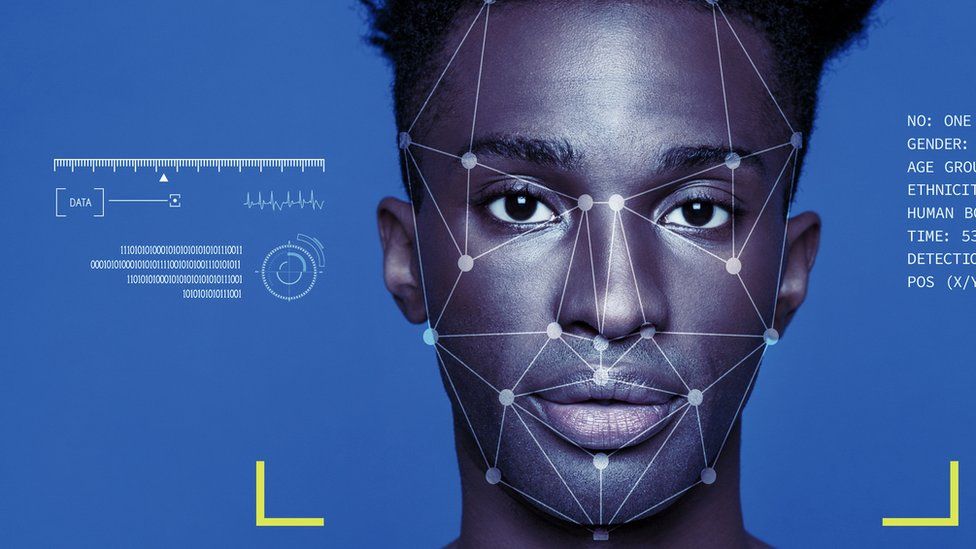Google and Meta Developed Facial Recognition Tech 5-7 Years Ago But Kept It Under Wraps Due To Privacy Concerns
According to a recent exposé by The New York Times, technology giants Google and Meta both developed highly advanced facial recognition systems several years ago but decided not to release them publicly due to privacy concerns.
The article reveals that around 2015, Meta was developing augmented reality glasses equipped with facial recognition capabilities. Around the same time, Google engineers built mobile software that could match photos of people to their online profiles with over 90% accuracy.

While there are potential benefits like helping visually impaired users identify faces or finding contacts in crowds, the companies determined the risks outweighed the rewards after internal testing. Specifically, they worried the tech could enable mass surveillance and tracking if abused by advertisers, stalkers or authoritarian regimes.
However, with the rise of widely-available AI models like DALL-E 2 and Stable Diffusion, facial recognition is becoming ubiquitous. Some police departments already employ algorithms like Clearview AI to assist investigations. Startups like PimEyes offer facial search across millions of websites and social media posts.
It remains unclear how useful or dangerous this incoming wave of consumer facial recognition could be. But it will likely further fuel the already-heated debate around emerging technologies’ impact on personal privacy. Privacy advocates argue access should be restricted given the potential for misuse.
By shelving their own advances in facial recognition years ago, Google and Meta took laudable steps to prioritize user privacy. But their decision raises questions about whether tech giants should exert tighter control over releasing potentially harmful AI innovations into the mainstream.


